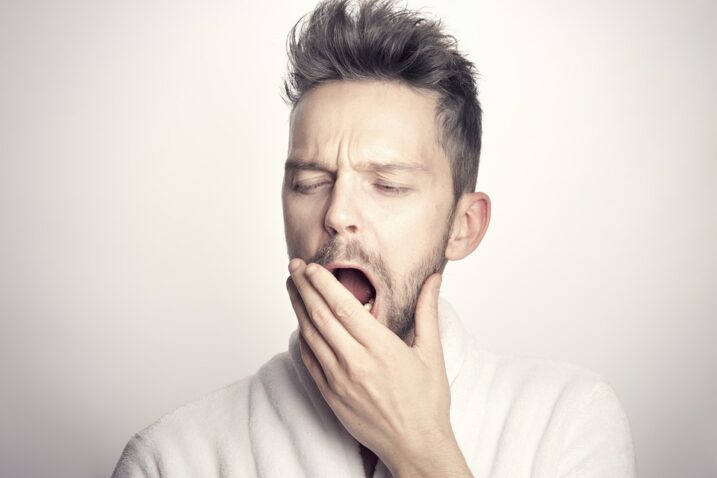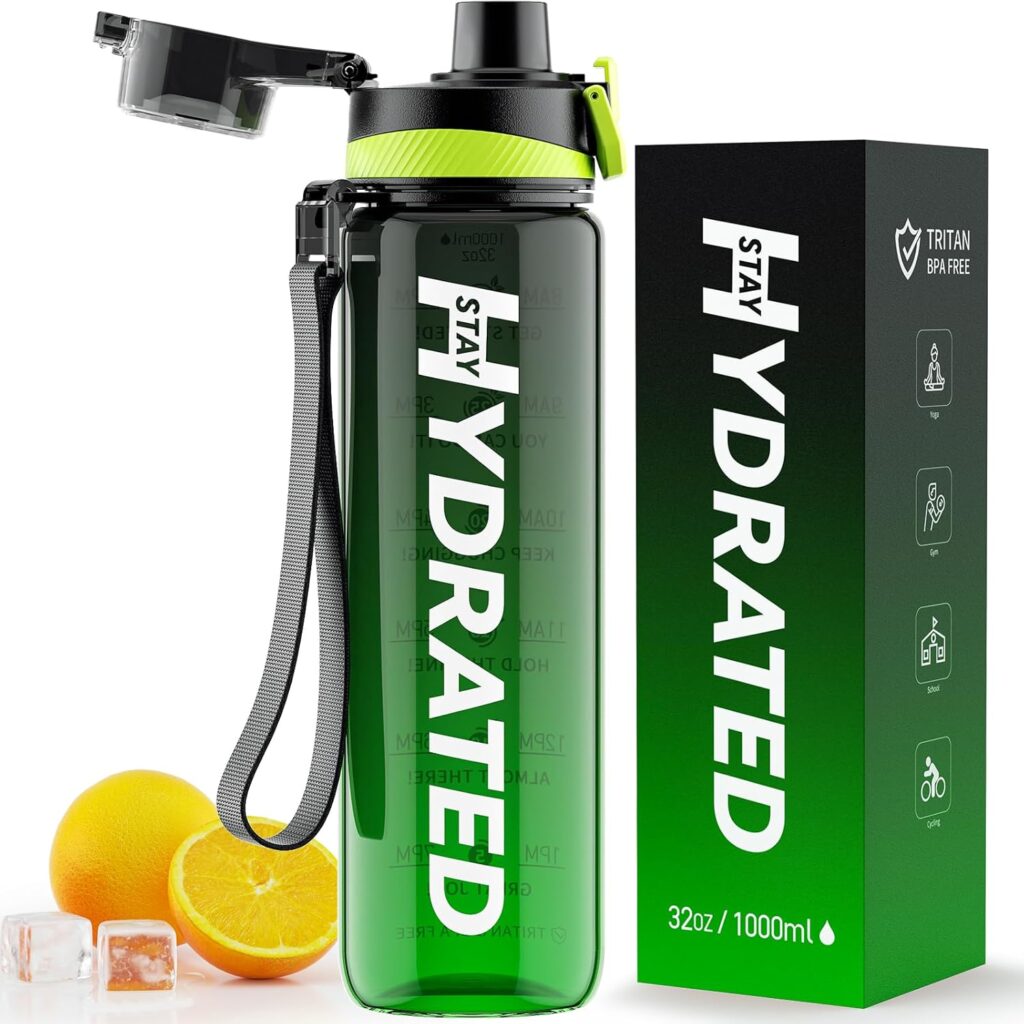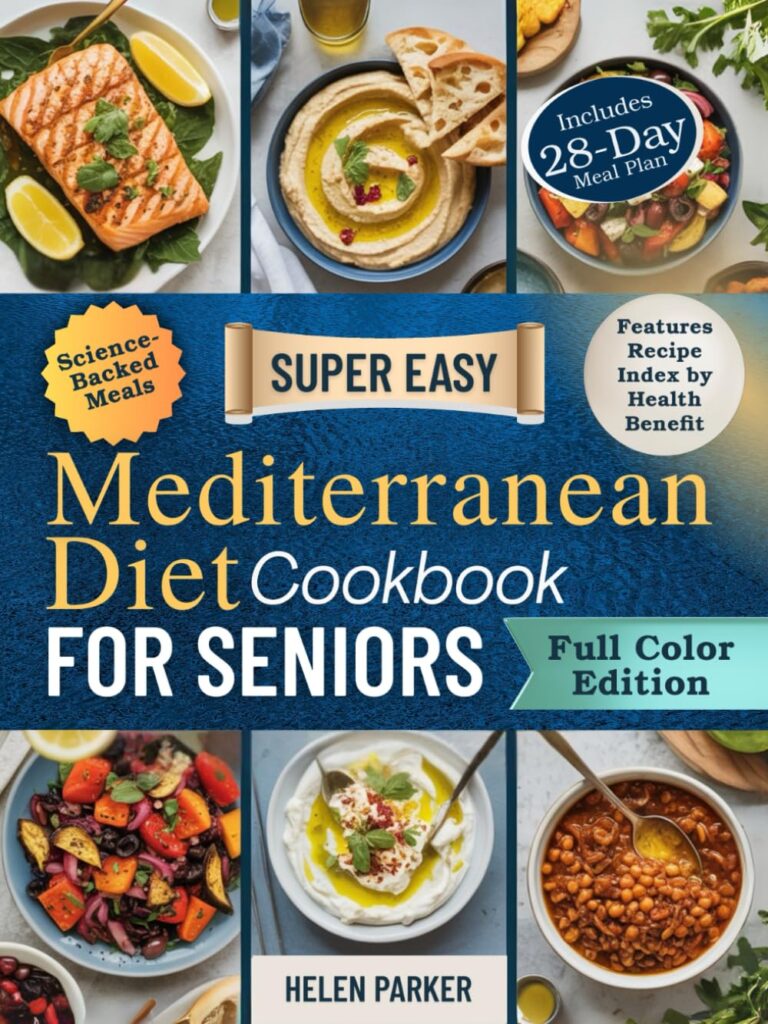Feeling sluggish? Discover how to increase energy after 50 with real-life strategies to boost energy, fight fatigue, and feel unstoppable with this down-to-earth guide.
You ever wake up after a “full” night of sleep and still feel like you’ve been hit by a slow-moving freight train? Yes, —same here. It hit me a few weeks after my 52nd birthday. My get-up-and-go… well, it got up and left.
But instead of giving in to the midlife slump, I got curious (and a little desperate, to be honest). I went down a rabbit hole of trial, error, and old-school wisdom to figure out how to increase energy after 50 without relying on energy drinks or unrealistic 5 a.m. bootcamps.
If you’re in the same boat—tired, dragging, maybe even a little foggy—you’re not alone. And no, it’s not “just aging.” There are plenty of practical, feel-good ways to bring your energy back, naturally and sustainably – and not with caffeine! Let’s dive into them.
How to Increase Energy After 50 – It’s Not Just About Age
Contrary to what the media (and some well-meaning 30-year-olds) might say, low energy isn’t inevitable after 50. Sure, your body’s changing. Hormones shift. Fatigue in aging adults is real. But that doesn’t mean you have to live in a constant state of limbo.
For me, the turning point came when I stopped blaming my age and started looking at the bigger picture—sleep, nutrition, stress, and movement. Turns out, a few simple tweaks can create some serious changes.
Natural Ways to Boost Energy Without Caffeine
Still reaching for that third cup? You don’t need it. Below are quick tweaks I’ve tested myself—no jitters, no crash, promise.
Move in micro-bursts. Two minutes of brisk stair climbs or desk push-ups pump oxygen to sleepy muscles and give you a bigger spike than espresso. That’s senior fitness for energy done the lazy way.
Fuel smart. Swap sugary snacks for handfuls of nuts, apple slices with almond butter, or hard-boiled eggs. These energy-boosting foods for seniors release glucose slowly, keeping your brain switched on.
Hydration is your best friend!. Dehydration masquerades as fatigue. Keep a 24-oz bottle handy and aim to drain it twice before lunch. Toss in a pinch of sea salt for electrolytes.
Breathe deeper. Three rounds of box breathing (inhale 4, hold 4, exhale 4, hold 4) calms nerves and floods the blood with oxygen—instant reboot.
Chase light. Morning sunshine resets your circadian rhythm and revs up serotonin. Even five minutes on the porch jump-starts a daily routine for more energy.
String these habits together and you’ll feel the lift—no beans required. All without caffeine and perfect for anyone learning how to increase energy after 50.
8 Natural Ways to Boost Energy Without Caffeine
Cut the Energy Vampires
You know those things (or people) that drain your energy just by existing? Yeah, time to reevaluate. After 50, you get to be unapologetic about protecting your peace.
Some changes I made:
- Limiting negative social media scrolling (it’s exhausting)
- Saying “no” without guilt (still working on this)
- Keeping a daily routine for more energy—even on weekends
Mental stress is a huge energy suck. Prioritizing peace isn’t selfish—it’s survival.
Dial in the Sleep Routine
Let’s not sugarcoat it: sleeping better after 50 can be a bit of a nightmare. Hormones (hello, menopause), aching joints, and even nighttime bathroom runs can all sabotage your rest. But sleep is your body’s reset button.
Here’s what helped me:
- Stick to a schedule. I started going to bed and waking up at the same time every day. Revolutionary, right?
- Ditch screens after 9 p.m. That blue light messes with your melatonin.
- Magnesium before bed? Game-changer.
If you’re running on 5 hours a night, it’s no wonder you’re dragging. You can’t expect to have high energy if your body’s running on empty.
Boost Energy Levels Naturally With Food as Your Fuel
I used to skip breakfast and then crash by 10 a.m. Sound familiar? Food is fuel, and energy-boosting foods for seniors aren’t just some health blogger’s fantasy. Get a good cookbook companion such as the Super Easy Mediterranean Diet Cookbook for Seniors shown here.
Here’s what I started eating more of:
- Protein with every meal (eggs, Greek yogurt, grilled chicken)
- Whole grains like oats and quinoa for sustained energy
- Leafy greens and colorful veggies (boring, yes, but magic for fatigue)
- Healthy fats like avocado and nuts
Also, hydration! If you’re sipping one coffee and calling it a day, that’s a ticket to energy loss in middle age. Aim for at least 8 cups of water a day. Add a pinch of sea salt if you’re sweating a lot or feeling lightheaded.
Exercise and Move Your Body (But Don’t Overdo It)
Look, I’m not saying sign up for CrossFit. But getting your blood pumping is one of the quickest ways to fight fatigue in your 50s.
Some of my favorite low-impact options:
- 20-minute brisk walks after dinner
- Water aerobics (surprisingly fun)
- Senior fitness for energy classes at the local rec center
- Gentle yoga or tai chi
Exercise gives you a natural energy boost—not just in the moment, but long-term too. Your cells literally get better at creating energy when you move consistently.
Balance Your Hormones
For women especially, low energy after menopause is often linked to hormone shifts. Hot flashes, brain fog, and all that jazz aren’t just annoying—they’re exhausting.
Some folks find relief through HRT (hormone replacement therapy), while others opt for natural support—think maca root, ashwagandha, or evening primrose oil. I personally found acupuncture and diet changes made a difference.
And let’s not forget the fellas—hormone balance and energy matters for men too. Low testosterone can tank energy levels.
Morning Matters: Start the Day Right
What you do in the first hour of your day sets the tone. I started experimenting with a “no phone before coffee” rule and added a few energizing habits.
Try this:
- 10-minute stretch
- 5 minutes of sunlight (yes, even on cloudy days)
- Protein-heavy breakfast
- A walk or light chore (get moving!)
It’s amazing what a morning energy tip over 50 can do to keep you from that mid-afternoon crash. Check this article for more on Morning Routines – 10 Good Simple Daily Stretching Routines for Seniors
Embrace Routine – But Keep It Flexible
Sounds boring, but a steady routine can be a secret weapon for staying energized throughout the day. You don’t have to be rigid—just predictable enough to reduce stress.
Here’s what my weekday rhythm looks like:
- Wake, hydrate, stretch
- Breakfast + a short walk
- Work blocks + breaks (with snacks!)
- Evening wind-down: no screens, soft lighting, chamomile tea
With a little structure, your body learns when to rev up and when to rest.
Don’t Ignore the Mental Game
Let’s be honest—low energy isn’t always physical. Sometimes, it’s burnout. Or boredom. Or grief.
One of the biggest lessons I’ve learned is that mindset matters. Purpose matters. Joy matters. I joined a community garden group last year, and between the digging, chatting, and laughing, I felt more alive than I had in months.
Find something that makes you feel lit up from the inside—volunteering, hobbies, reconnecting with old friends. Or find something that challenges your mind like Sudoku or Brain Games.
One of my favorites on Amazon are the Criminal Minds Puzzles. Try it out – there is an entire series of Law and Order, NCIS, Forensic Crimes etc to be read! Natural ways to fight fatigue often start with the soul, not the supplements.
How to Increase Energy After 50 – Supplements Can Make a Difference
I’m not big on popping pills, but after some trial and error, I found a few energy supplements for older adults that made a difference:
- B-complex (especially B12)
- Vitamin D (especially in winter)
- CoQ10
- Magnesium glycinate (doubles as a sleep helper)
And here’s the kicker: the best vitamins for energy over 50 might differ from person to person. So talk to your doctor. Get bloodwork done. Don’t just grab something off the shelf because Karen in your book club swears by it!
Conclusion – Boost Energy Levels Naturally
So, how to increase energy after 50? It’s not one big fix—it’s a handful of small, intentional changes that stack up. Sleep a little better. Eat a little smarter. Move a bit more. Protect your peace. And keep exploring until you find what lights you up.
You’re not too old. It’s not too late. You just need to reboot your energy game—and this time, do it your way.
Related Articles
Why Is Water Important to Your Health? – Facts To Know
FAQs for How to Increase Energy After 50
What causes low energy after 50?
Aging bodies can experience hormonal changes, slower metabolism, poor sleep, and nutrient deficiencies—all of which can lead to fatigue.
What are natural ways to boost energy after 50?
Improve sleep, eat energy-boosting foods for seniors, move daily, hydrate, and reduce stress to naturally improve energy levels.
Are energy supplements safe for people over 50?
Yes, but consult a doctor. B12, Vitamin D, and CoQ10 are commonly used energy supplements for older adults.
Can exercise really help boost energy after 50?
Absolutely. Regular senior fitness for energy improves circulation, mood, and cellular energy production.
How does hormone balance affect energy after 50?
Hormonal shifts, especially in menopause or andropause, can lead to fatigue in aging adults. Balancing hormones can improve energy and mood.





